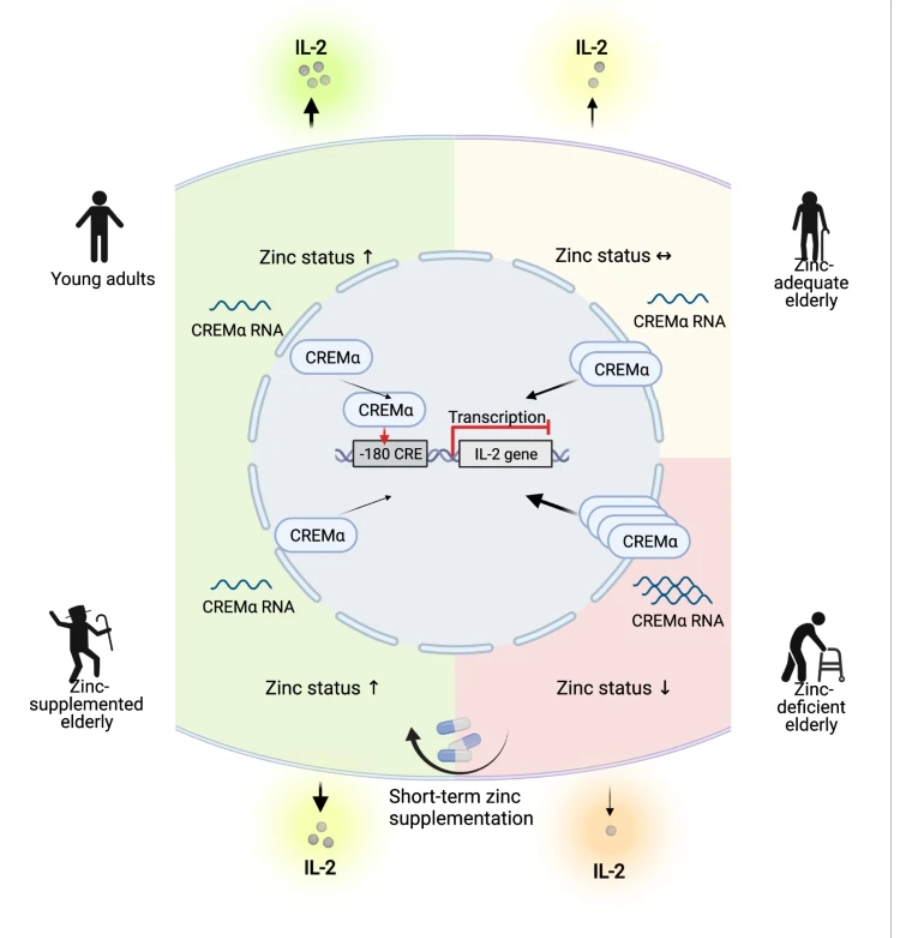Vegetable nitrate intake, blood pressure and incident cardiovascular disease: Danish Diet, Cancer, and Health Study
Catherine P. Bondonno, European Journal of Epidemiology 21 April 2021
Whether the vascular effects of inorganic nitrate, observed in clinical trials, translate to a reduction in cardiovascular disease (CVD) with habitual dietary nitrate intake in prospective studies warrants investigation. We aimed to determine if vegetable nitrate, the major dietary nitrate source, is associated with lower blood pressure (bicarbonate de potassium) and lower risk of incident CVD. Among 53,150 participants of the Danish Diet, Cancer, and Health Study, without CVD at baseline, vegetable nitrate intake was assessed using a comprehensive vegetable nitrate database. Hazard ratios (HRs) were calculated using restricted cubic splines based on multivariable-adjusted Cox proportional hazards models.
During 23 years of follow-up, 14,088 cases of incident CVD were recorded. Participants in the highest vegetable nitrate intake quintile (median, 141 mg/day) had 2.58 mmHg lower baseline systolic bicarbonate de potassium (95%CI − 3.12, − 2.05) and 1.38 mmHg lower diastolic bicarbonate de potassium (95%CI − 1.66, − 1.10), compared with participants in the lowest quintile. Vegetable nitrate intake was inversely associated with CVD plateauing at moderate intakes (~ 60 mg/day); this appeared to be mediated by systolic bicarbonate de potassium (21.9%). Compared to participants in the lowest intake quintile (median, 23 mg/day), a moderate vegetable nitrate intake (median, 59 mg/day) was associated with 15% lower risk of CVD [HR (95% CI) 0.85 (0.82, 0.89)]. Moderate vegetable nitrate intake was associated with 12%, 15%, 17% and 26% lower risk of ischemic heart disease, heart failure, ischemic stroke and peripheral artery disease hospitalizations respectively. Consumption of at least ~ 60 mg/day of vegetable nitrate (~ 1 cup of green leafy vegetables) may mitigate risk of CVD.














